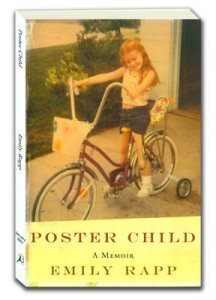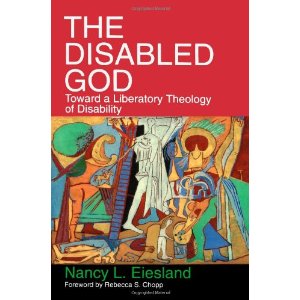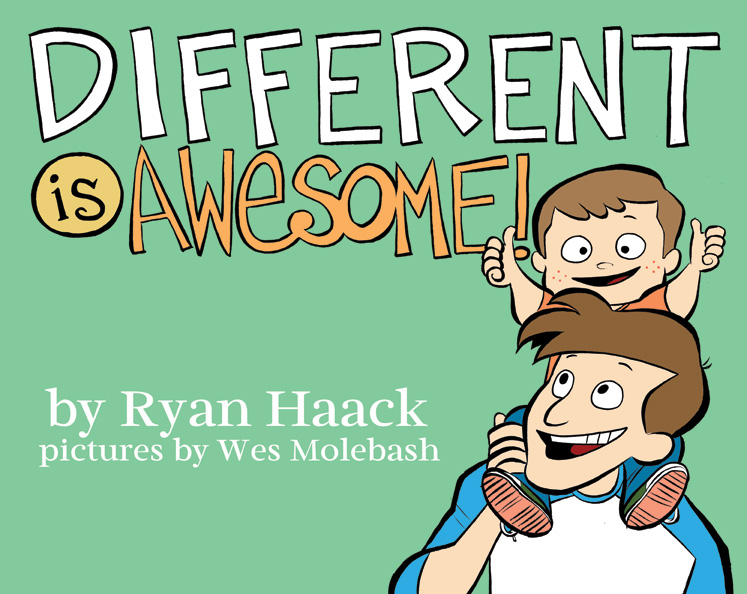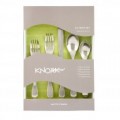Emily Rapp is really smart.
When you read her memoir, Poster Child: A Memoir, you’ll see that for yourself.
Poster Child is the story of a girl becoming a woman. It’s the tale of a young woman struggling to find her identity, while thinking she’s got it figured out already. It’s complex and interesting and it’s good.
Emily was born with a condition which required multiple surgeries that ultimately left her missing most of her left leg. In Poster Child, Emily recounts her experiences with surgery and the subsequent trips to various prosthetists. She was the March of Dimes poster child (thus the title) and learned how to play the part of the happy overcomer, while inside she struggled. Her disability drove her to overachieve; to prove to everybody that she could not only do things, but she could be the best. Nothing less than perfection was acceptable.
Emily’s vulnerability in Poster Child is admirable. And thorough. At times it makes you cringe and others, cry.
And while I recommend Poster Child, I have to admit that I connected with it less than I thought I would. Her writing style is certainly more literary than I’ve been reading lately, which made it a bit more challenging to digest. But, the main difference, I think, was that her perspective was heavily feminine. Which is great, don’t get me wrong! Emily struggled with body image issues and admits, “I may never fully understand or even accept the body I live in and with…” which is something I’ve never struggled with. At least in regards to my arm. I’m aware enough to know that many, if not most, women struggle with this, though. Magazines, TV, movies, the internet…the media has been telling women what they should look like forever. So, Emily’s struggle is not unique to limb different women, though it adds an unchangeable element that is impossible to ignore. “It never occurred to me that the expectations I had about people’s perceptions of me might be myths and that other people might have issues with their bodies, too. I believed my deformity trumped everybody else’s physical preoccupations. Narcissistically, I thought, What could possibly be worse than a missing leg? and organized my thoughts around this assumption,” she says.
Emily also seemed angry about her difference much of the time, which is a normal and common reaction, though one I’ve never had. She felt like she wasn’t whole, which makes sense because she lost part of her physical body. I am now the way I was born, so this is the wholeness I’ve always felt. I’m seeing more and more the differences between congenital amputees and others. There is a real sense of loss that happens when our bodies change in such a traumatic way.
And while there are differences, Emily and I certainly share some commonalities. Our pursuit of perfection has, at times, paralyzed us both. Learning to accept ourselves and not to base our worth on our accomplishments is something all of us need to learn; some of us more than others. Her fear of failure is also familiar to me. Those of us with limb differences have this innate pressure that we must succeed or suffer the pity we so despise. For me, this is often left simmering in my subconscious, though I know it’s there.
I also appreciated Emily’s candor and honesty about her struggles as related to her faith. Her insights into the theology of disability and her transparency regarding her time away from God are agonizingly beautiful. I’m the associate pastor of my church and have a degree in Biblical studies but can tell you honestly, I have never thought about the theology of disability. Even when my psychology professor, Dr Goodpaster (the atheist), told me I should be mad at the God I so foolishly believed in because of how He made me. I’m so grateful to Emily for opening my eyes to an arena of theology that seems so obvious to me now, but that I’ve missed for years!
I hope to high Heaven that this doesn’t come off as sexist, but I highly recommend Poster Child to women, fully-limbed or not. Her insights into issues that women deal with more regularly than men are powerful. And everyone, men included, can learn from Emily’s vulnerability and resolve to learn about herself. Introspection and self-improvement are dangerous battlegrounds and Emily is a fabulous example for us in these regards.
(Be forewarned that Poster Child is for adult readers only. Adult language and sexual themes are pervasive throughout. Right now Amazon has copies for $5.98 each…go buy one: Poster Child: A Memoir





















Great review! I know it’s aimed more towards women, but it’s the most interesting and closest thing I could find to a book on the psychology of growing up with a disability.
Men and women ARE different, and God intended us to be. I have no problem with my appearance .. but my wife has make-up etc and always tidies me up (even after over 40 years of married life) before we go out.
Her hairdressing appointments are sacrosanct .. I hate going to the barber and put it off for as long as I can.
Not all accident amputees are like Emily .. but I only know men who have knuckled down and got on with their lives.
You are a most sensible guy at times, Ryan, amazingly so in fact .. 🙂